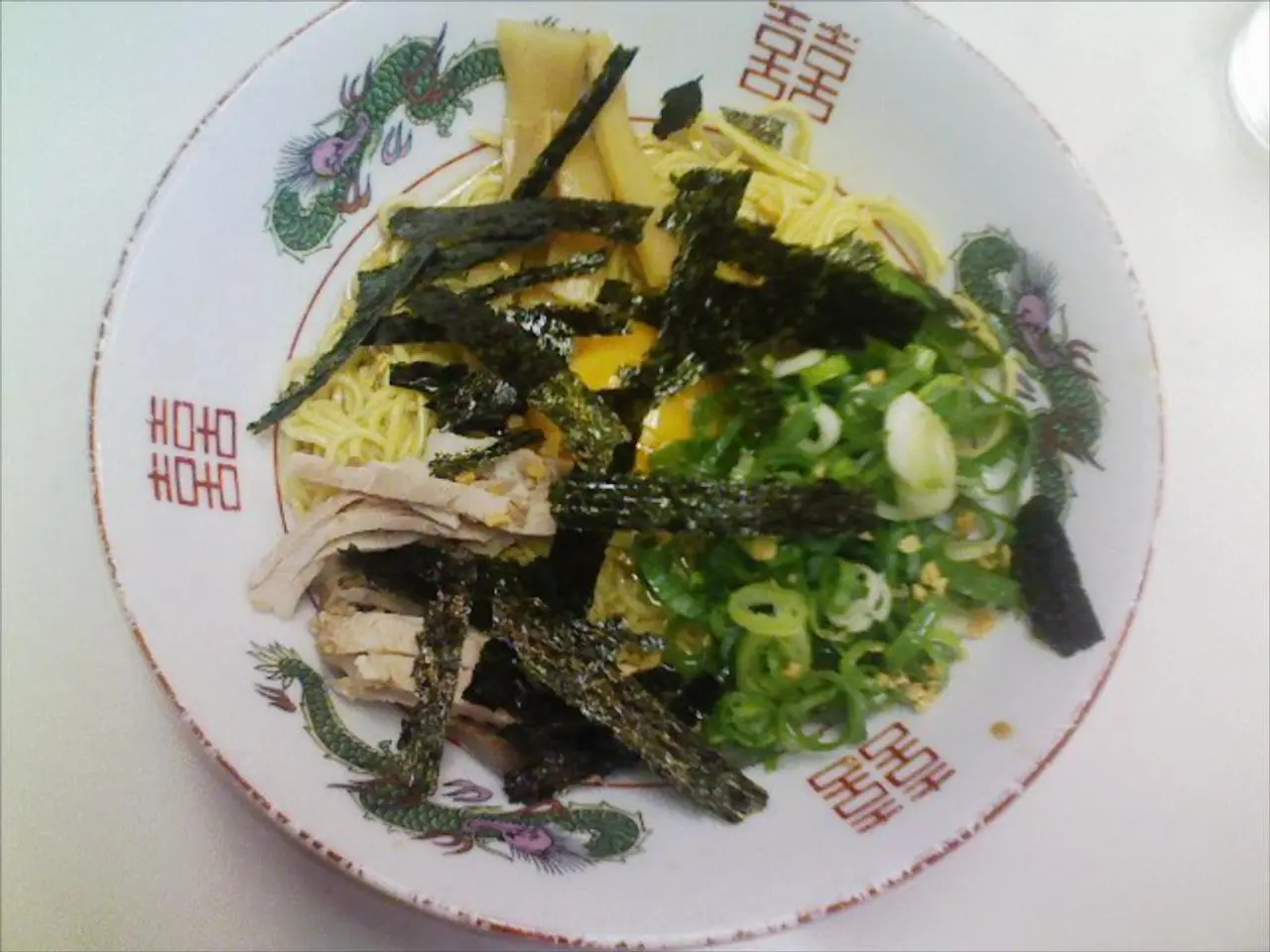Dietary considerations for cystic fibrosis patients, highlighting ten nutritious options suitable for both adults and children.
People with cystic fibrosis (CF) face unique nutritional challenges due to increased energy demands and potential malabsorption issues. To address these challenges, a specialized diet is essential for maintaining nutritional balance and supporting overall health.
Key dietary recommendations for people with CF include a high-calorie intake, high-fat diet, increased protein intake, adequate hydration, and the use of pancreatic enzyme replacement therapy (PERT). Adults and children with CF may require up to twice as many calories as the general population, with up to 40% of total calories coming from healthy fats to meet energy needs and support fat-soluble vitamin absorption. Protein intake should be 100–150% of the recommended daily allowance (RDA) to support growth and muscle maintenance.
A balanced diet for people with CF should contain foods from each of the main groups: carbohydrates, fats, and proteins. Dairy and dairy alternatives, healthy fats and oils, high-calorie snacks, protein-rich foods, fortified foods and supplements, fat-soluble vitamin supplements, and fruits and vegetables are all important components of a CF diet.
Fruits are particularly rich in antioxidants and fiber, which can reduce intestinal blockages and help fight off infections. Vegetables offer many health benefits, including being rich in antioxidants, fiber, and essential vitamins and minerals. Dark leafy greens are a good source of iron, vitamin A, and vitamin K.
Eggs are a good source of protein for people with CF and contain vitamin B-12, a nutrient essential for red blood cell formation and proper nerve function. Fish and seafood are excellent sources of protein, iron, and vitamin D, and consuming fatty fish can increase the intake of healthful fats. Shellfish contain high levels of zinc, which supports normal growth and development and good immunity.
Practical tips for maintaining a balanced CF diet include adding high-calorie foods to every meal, drinking calorie-rich beverages, snacking frequently, and always taking pancreatic enzymes with meals and snacks.
In conclusion, a balanced diet tailored for cystic fibrosis focuses on calorie and protein density, healthy fats, careful supplementation, and consistent enzyme use to optimize nutrition and support overall health. Nuts are an excellent snack for people with CF because they are high in calories, healthful fats, protein, and fiber, and contain several vitamins and minerals. Almonds are a great source of vitamin E, peanuts are another excellent source of vitamin E, and Brazil nuts are rich in selenium.
References: [1] American Lung Association. (2021). Nutrition and Cystic Fibrosis. Retrieved from
- To maintain nutritional balance and support overall health for individuals with cystic fibrosis (CF), a high-calorie, high-protein, high-fat diet is essential, with up to 40% of total calories coming from healthy fats.
- Protein intake should be 100–150% of the recommended daily allowance (RDA) for people with CF, to support growth and muscle maintenance, and protein-rich foods like eggs, fish, and seafood are important components of a CF diet.
- Fruits and vegetables, rich in antioxidants, fiber, and essential vitamins and minerals, are key parts of a well-balanced CF diet, helping to reduce intestinal blockages and fight off infections.
- Practical tips for maintaining a balanced CF diet include adding high-calorie foods to every meal, snacking frequently, drinking calorie-rich beverages, and taking pancreatic enzymes consistently with meals and snacks.
- For a complete CF diet, individuals should consume foods from each of the main groups: carbohydrates, fats, and proteins, and incorporate fat-soluble vitamin supplements, fortified foods and supplements, and supplements containing essential nutrients like vitamin E and selenium.




